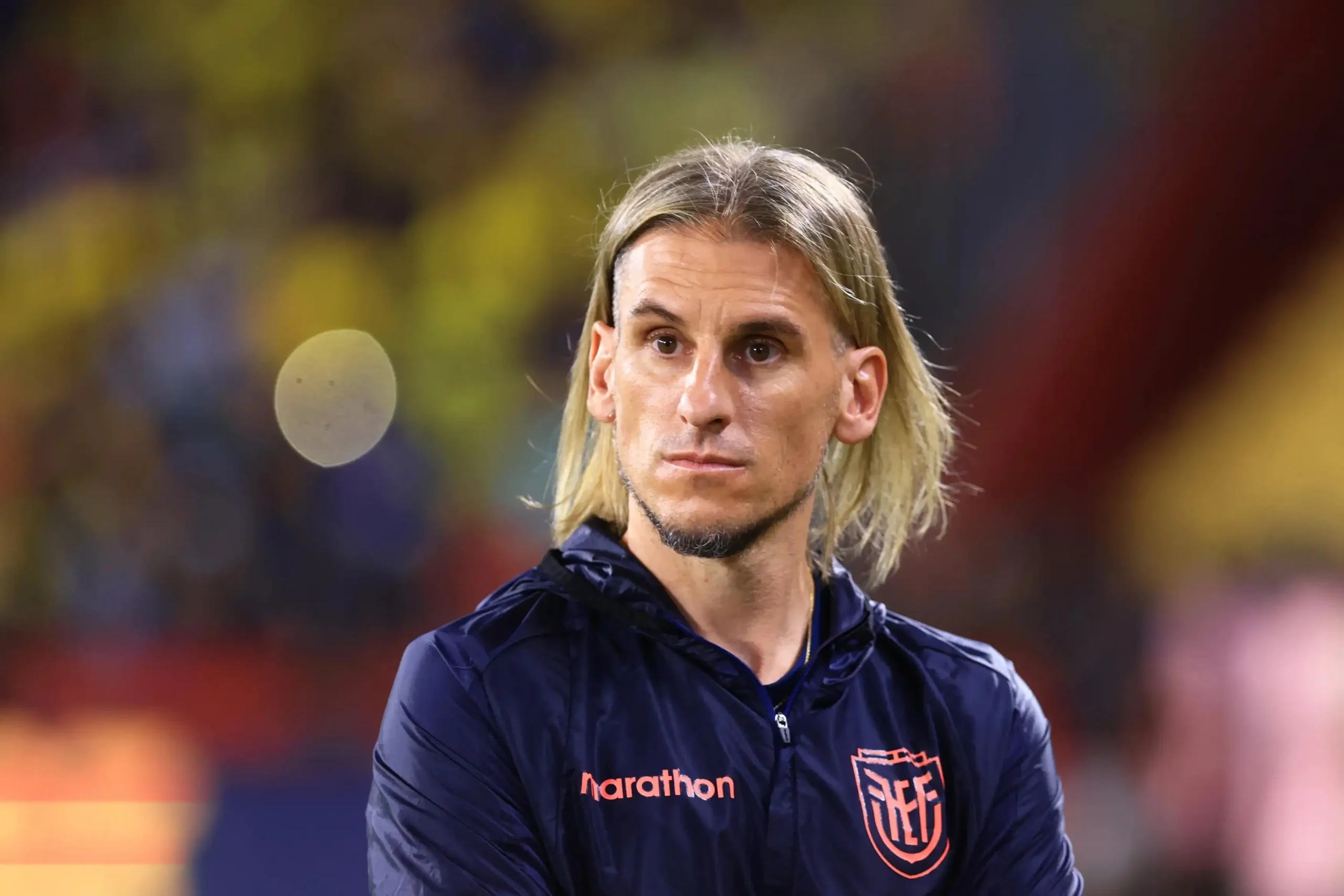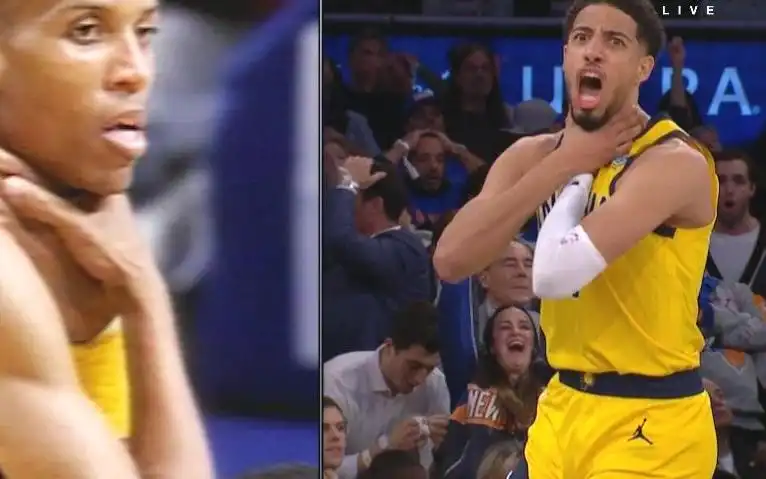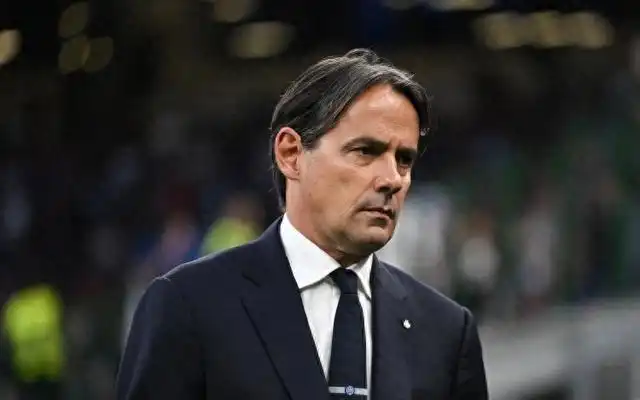Qualifying was no mean feat. The Ecuador side that had everyone talking at the FIFA World Cup Qatar 2022™ tailed off, leading to Gustavo Alfaro being relieved of his duties and Felix Sanchez Bas taking charge. But a shaky start to FIFA World Cup 26™ qualifiers and a quarter-final exit from the CONMEBOL Copa America at the hands of Argentina meant that another change followed.
Time was of the essence to appoint a replacement, and with World Cup qualification on the line, the Ecuadorian Football Association made their move. Sebastian Beccacece had been earmarked as the perfect replacement, having just finished a two-year stint at Spanish club Elche. It was an opportunity he could not turn down and he was swiftly appointed on 1 August 2024, taking charge of his first game on 5 September in Curitiba against Brazil.
After succumbing to defeat in a closely-contested match against the Seleção, they bounced back brilliantly, racking up 17 points from their next nine games and conceding only once along the way. This propelled them into second place and helped secure qualification to the World Cup for the fifth time in their history, their second on the spin, and all with two games to spare.
Aside from delivering on the pitch, Beccacece revitalised the squad, introducing several young talents already making a name for themselves around the world. The Argentinian coach rejigged and rebuilt the squad, transforming it into a stronger, more versatile, dynamic, and flexible team. Chomping at the bit to keep improving and thus reach the World Cup in tip-top condition, the coach is shaping the future of Ecuador as they head into the World Cup once again.
On the cusp of the conclusion of the South American qualifiers, Beccacece spoke to FIFA to reflect on his time leading the team that carries an entire nation’s hopes on its shoulders.
Sebastian Beccacece: It was something we discussed at length with the rest of the coaching staff. We knew there was no margin for error, and we were coming straight from the Copa America, where, aside from Paraguay, Bolivia and Ecuador, most teams’ coaches had nearly 50 extra days of preparation on top of the tournament itself.
When we really got into the nitty gritty of the project with Ricardo Gareca and the rest of our team (with Felix Sanchez Bas eventually coming on board), I was keen to hit the ground running in the World Cup qualifiers, using the Copa America to gain valuable insights into the squad and to see what we were working with.
It was something I noticed when I was watching them play at the (2022) World Cup. I was very impressed by what Japan, Morocco, and Ecuador managed to achieve. I had a feeling I could guide these players and help them reach their full potential. They’re blessed with excellent physical condition, and clubs across Ecuador have been working hard for a long time to turn them into teams that play a more assertive and dominant style of football.
I firmly believe that nurturing naturally-gifted players who have been working on reading the game, improving their decision-making, passing abilities, and positioning on the pitch is exactly where we were able to make an impact and see the biggest results. The team were already performing to a high standard, but I demanded more of them and wanted to take it up a notch because I felt they were capable of reaching another gear.
I felt it back then, and I still feel it now after being at the helm for these ten games, that we’re playing much better and controlling games. The stats speak volumes. We’ve gone from a side that used to have 52 or 53 per cent possession at home to one that now controls the lion’s share of possession with 70 per cent. Shots on target have doubled, we’ve remained solid at the back and become even more miserly, and to top it off, we’re now picking up more points on the road. We used to take 25 per cent of possible away points, and now we’re second only to Argentina.
When I first took over the reins, I noticed a group of players who were willing to listen to new ideas, fully commit to a system and style they feel comfortable with, and this is reflected in the way they run relentlessly and with such intensity. If we analyse our match against Colombia, for example, we covered exactly the same distance as them despite being down to ten men for 60 minutes. This is a team that’s willing to give its absolute all and run through brick walls for their team-mates when it’s most needed.
All of this points to the fact that we’re coming on leaps and bounds as a team, and that most importantly, we’re thoroughly enjoying the process. We all have a clear understanding of our roles within the team. When we took charge, we were languishing around the play-off spots. Now, with just two games to play, we’ve qualified for the World Cup. This small but significant achievement needs to spur us on to bigger and better things. This is just the beginning, there’s a lot more to come from us. We’ve already played ten matches and have another ten to go, including qualifiers and friendlies. We’ll be aiming to use these games wisely to ensure that we go into the World Cup in the best possible shape and condition.
We wanted to keep the defensive solidity that the team had already shown. Felix had done a sterling job of shoring up the defence. The team was well organised on the pitch when it came to regaining possession, but I still felt there was something missing. How do we play out from the back with our goalkeeper? Are we going to play it short, go long, or a combination of both? Are we going to read the game, decide the best course of action based on the opposition, move up the pitch as a unit, and look to break lines?
From what I can see, the team now has a much better idea of what to do with the ball when in possession. Our main focus has been on improving our game when we’ve got the ball at our feet, on how to build attacks, and move the ball forward. And that style of play leads directly to the next point, regaining possession, because it’s all connected. The idea isn’t to defend one way and attack in another. Because of the way we build our attacks, we’re able to win the ball back quickly once we’re dispossessed.
We’ve always worked tirelessly on developing individuals, fine-tuning our set up and style of play, and maximising the individual strengths of the squad. Aside from the number of youngsters we’ve blooded, it’s about the positions they play in and how we structure the side. Having two strong, combative central midfield enforcers is very different from lining up with an attacking midfielder, another who can play out wide but can also operate in the middle of the park, and a third who is deployed more as a box-to-box midfielder and can push up and press high.
I think it’s probably something we’ve inherited too, because we’ve got some great experienced defensive players who invariably win their individual battles and protect the box. Everyone in the team is hugely selfless. They press high and stay tight to win the ball back. When we push up, they aren’t worried about leaving space behind, and when we need to drop back and defend, the forwards do their bit by tracking back.
That’s not something that happens overnight. It takes a lot of hard work, but there’s no denying we have individually top-class, experienced defenders. We’re blessed with Piero Hincapie, Willian Pacho, Joel Ordonez, Felix Torres, and a man between the sticks in the form of Hernan Galindez who has come to the rescue on numerous occasions, like he did against Colombia and Uruguay. That’s entirely down to the players. The coach has nothing to do with that.
There’s still plenty of room for us to improve. I always say it’s important to learn from what happens during matches, take feedback on board, and keep improving. We need to work on being more ruthless and clinical in front of goal, as well as converting more chances from set pieces. We’re definitely on the right track, but we still haven’t been able to find the back of the net with players who have the intelligence and guile to get into dangerous positions.
Truth be told, I tend to focus more on what’s working well during the matches. I think we can take heart from our strengths and the things we do well, because they give us plenty of insight. Otherwise, you tend to focus more on the negatives. There are things you know you need to improve, but you don’t want to get hung up on them too much, because it can make you dwell on the negatives.
Instead, we need to focus on the positives. We’re convinced we can convert more chances than we currently are, and I’m sure the team will find the back of the net when it really matters. Football’s a really simple game. All you have to do is score one more than the opposition. It’s important to be proud of what we’ve achieved so far. I feel part of it, and the most rewarding and satisfying thing since we’ve been at the helm is seeing the fans reconnect with the players and rekindle their love for the national team. The fans have fallen back in love with the national team, particularly with this group of players.



